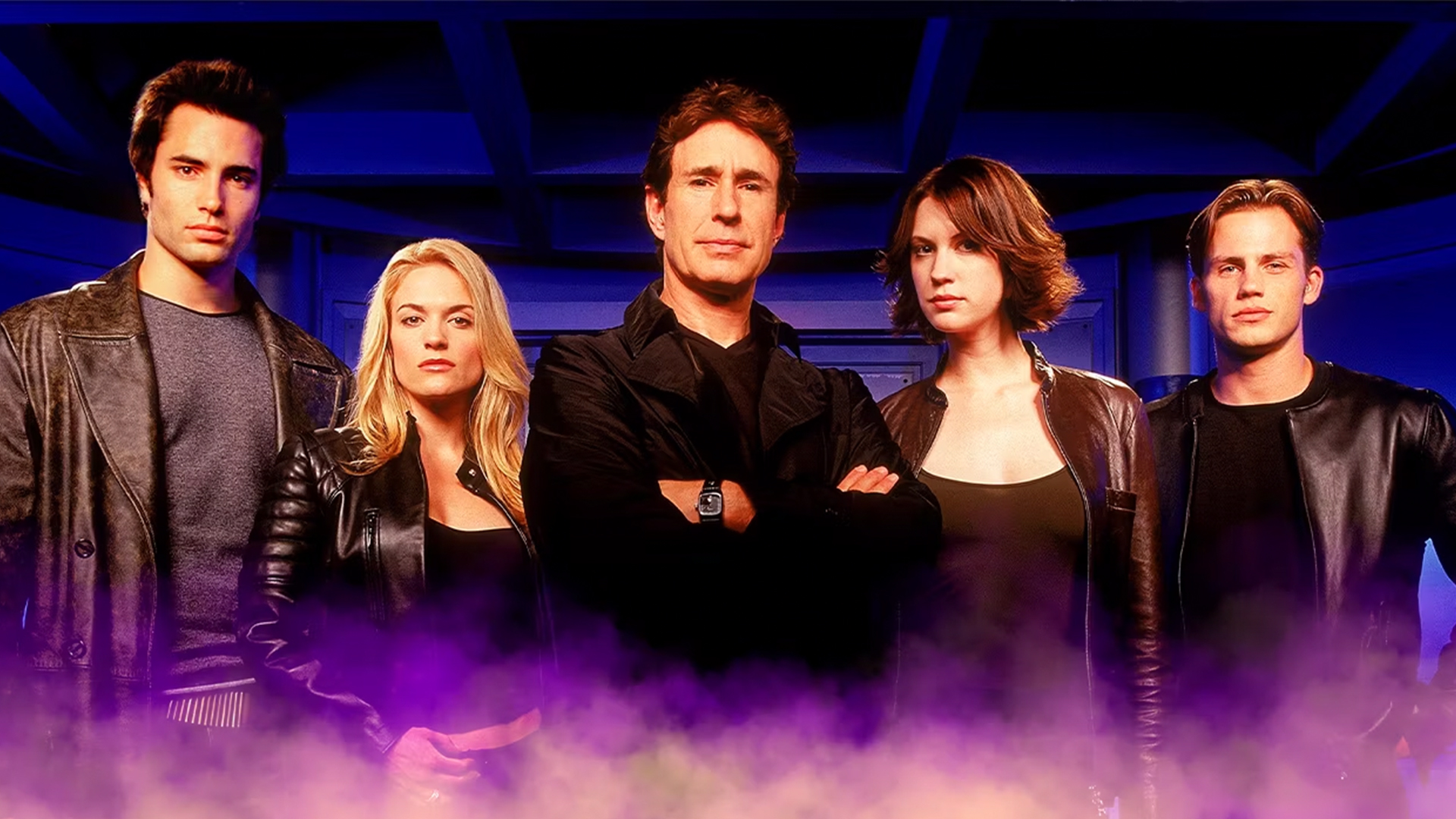
Through circumstances beyond their control, people develop extraordinary powers in a world that grows to fear them. But with the help of a rich, mysterious benefactor, these "mutants" use their gifts to save others from persecution as shady government organizations fight to hunt and control them.
That's the premise of Marvel's X-Men in a nutshell, and it's also the premise of Marvel's rip-off series Mutant X, a mostly forgotten TV show (unrelated to the comic of the same name) that ended twenty years ago today with an abrupt cliffhanger.
The similarities don't stop there either. Signature X-Men storylines revolving around mutant cures, discrimination, and even the astral plane all featured heavily across Mutant X's three season run. Hell, these kids even had their own private stealth jet à la the Blackbird and a holographic training center like the Danger Room. But there were some differences too.
Meet the mutants
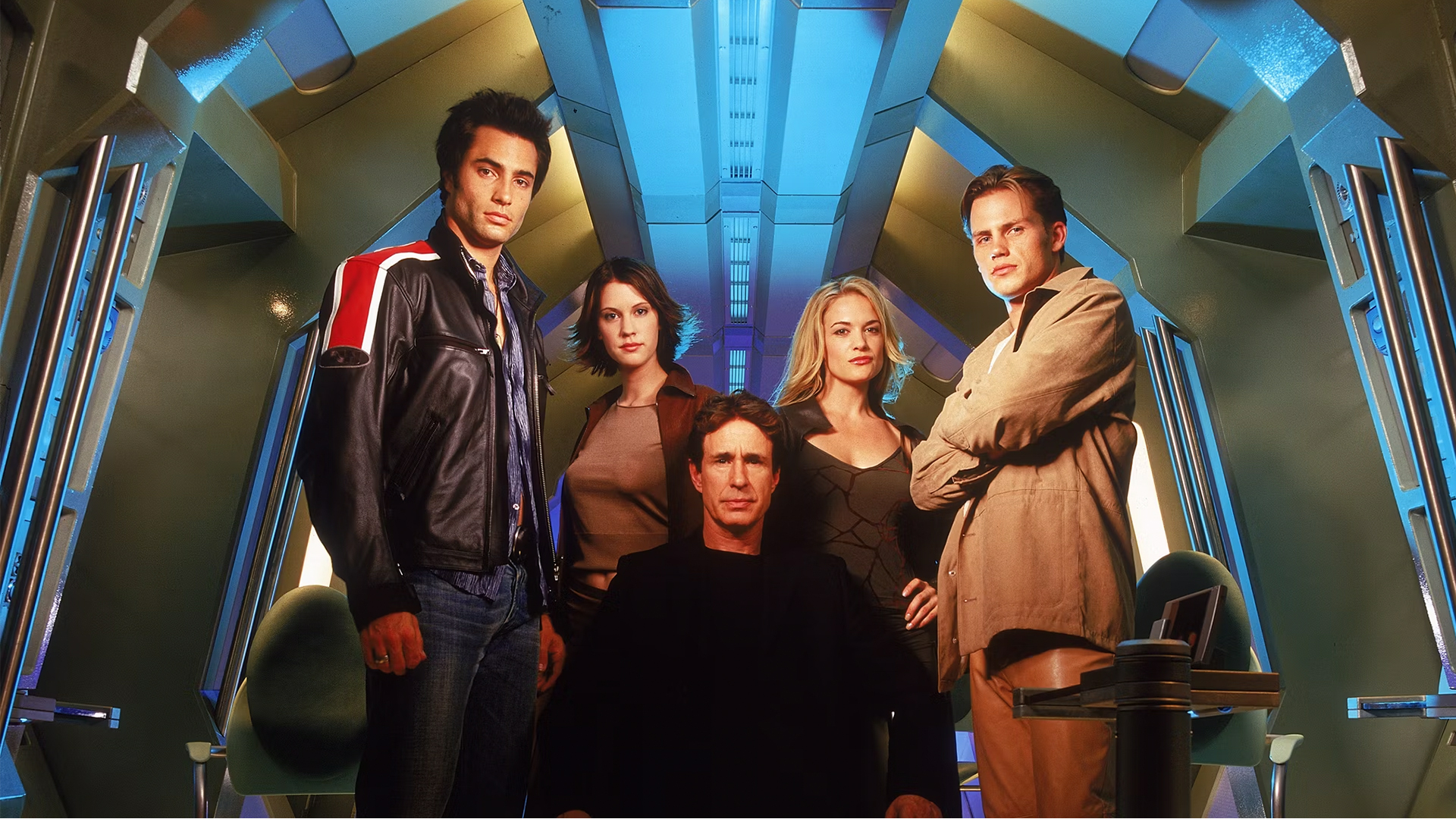
In this world, mutants aren't on the right track, baby, because they weren't born this way. Instead, they were genetically engineered in a lab by Adam Kane, a former bio-geneticist who once worked for a shady government-sponsored company called Genomex. When he realized said company was evil and planned to exploit mutants for their own gain, Adam faked his own death and set up a safe haven for the mutant team that would eventually become Mutant X.
Members included Jesse Kilmartin, a "molecular" mutant who could change his body's composition to become intangible like Kitty Pryde or physically dense like Emma Frost in her diamond form. On screen, that translated to some fuzzy special effects which now look charmingly retro or ropey depending on your nostalgia for mid-budget sci-fi in the early noughties.
The only other member to appear across all 66 episodes was Shalimar Fox, a tracker mutant whose feline agility relied on a combination of rickety wire work and the audience's disbelief. A psychic red-head named Emma DeLaurno joined early on, but when she died at the start of season 3, she stayed dead, which is not how these things usually go for psychic red-heads. Emma was then replaced by Lexa Pierce, a Dazzler analog who could bend light to her will, whilst a sparky elemental mutant called Brennan Mulwray rounded out the team with the requisite eye candy we both needed and deserved.
But don't forget that every X-Men rip-off also needs a Magneto of their own, which is where Mason Eckhart came in. Adam's old friend and former head of security at Genomex established a group of his own in the first episode named the Genetic Security Agency (GSA), which was supposedly formed to protect the public, but actually captured mutants for further testing. In that regard, Mason was more like Mister Sinister, if Mister Sinister wore unwieldy gloves and a cheap white wig. Still, all that (sexual?) tension between Charles and Magnus carried over here in the same dynamic that was rooted in so many of the X-Men films from around that time.
You've been served
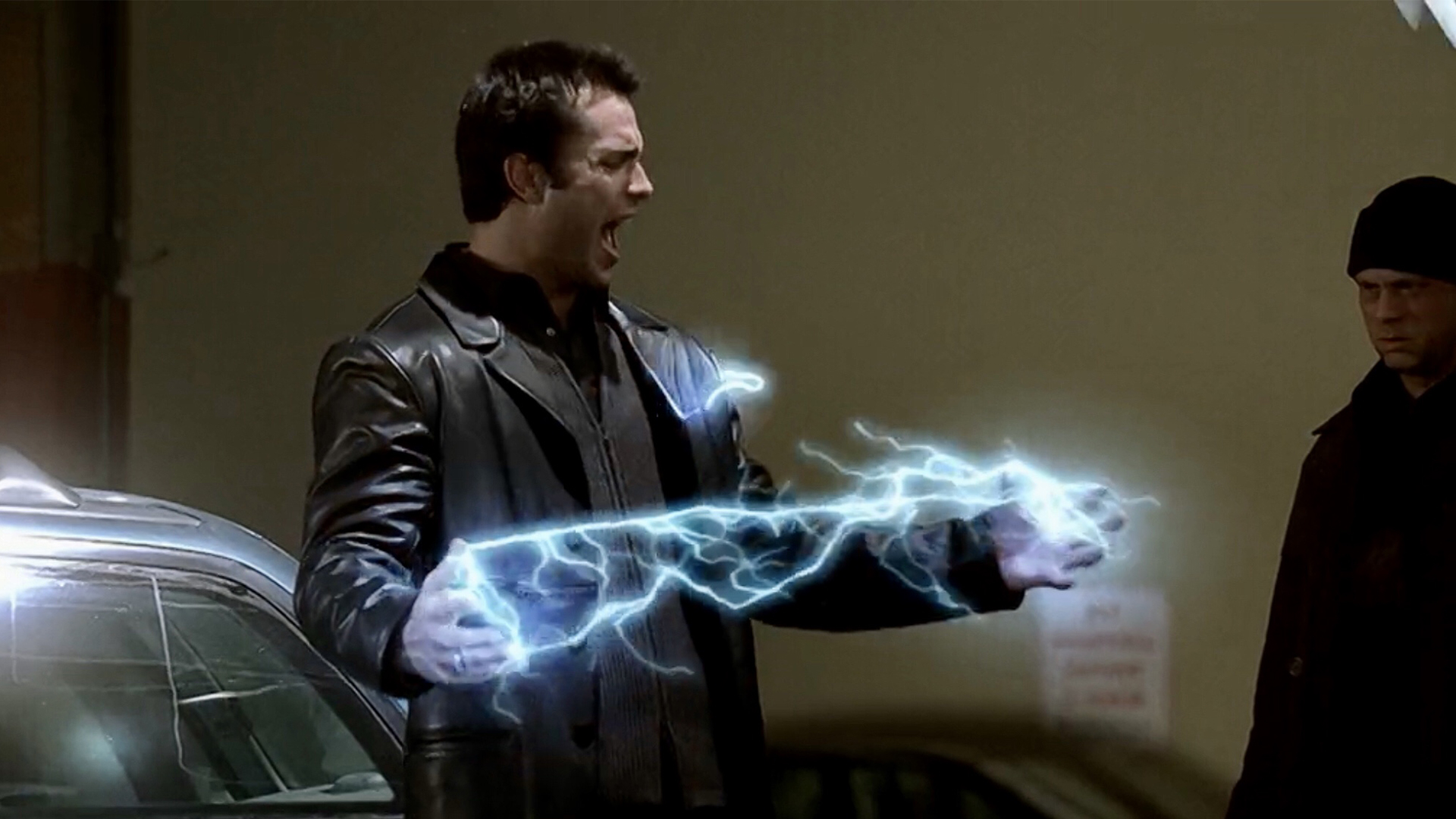
Producer Avi Arad's Mutant X was never on that same level though, even if it did share a similar love for bland, Matrix-style black leather. Comparing the films to this show would be like comparing X-Men 2 to Dark Phoenix, yet studio 20th Century Fox still took issue with the blatant plagiarism at hand, even though there was technically no connection between Mutant X and the X-Men.
But if Mutant X was a Marvel show, why was that an issue? To avoid going bankrupt, Marvel had sold their rights to the X-Men — along with a host of other characters — to 20th Century Fox a few years earlier in 1994, so when it came time to try their own hand at TV, they partnered up with Tribune Entertainment and Fireworks Entertainment to finance Mutant X.
Even before the show arrived in October 2001, Fox took issue with this new band of merry mutants and sued Marvel who scrubbed some of the biggest similarities away so a judge could give them the go ahead to continue. Marvel then counter-sued Fox who in turn continued to pursue their case against Tribune and Fireworks, which led to Tribune suing Marvel for misleading them on what could and could not be used in the show.
Messier than a Genoshan funeral parlour (and just as painful), the drama surrounding Mutant X was arguably far more interesting than the show itself, but that didn't stop fans from tuning in anyway.
A lasting legacy
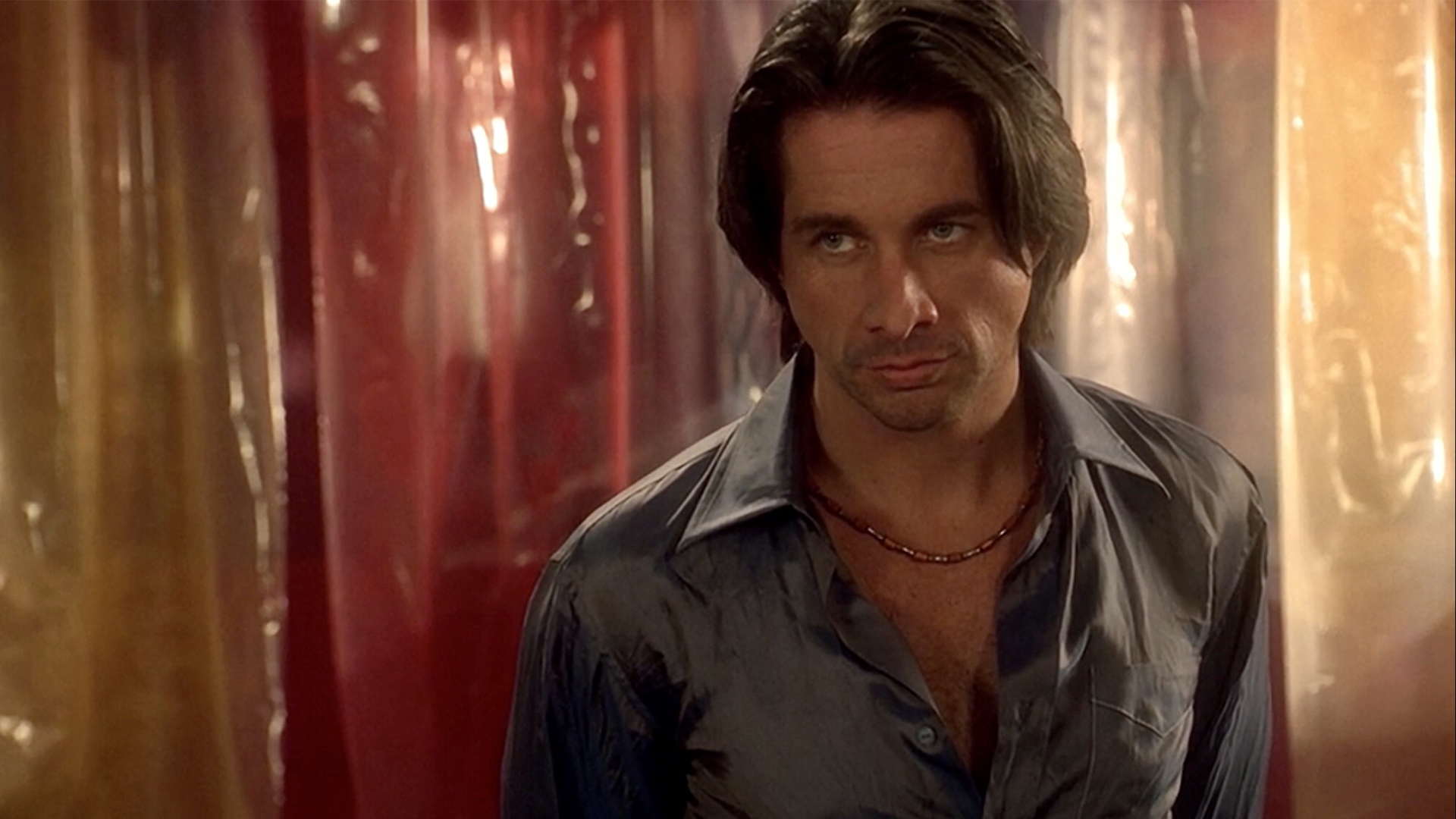
Sure, we were pretty starved for good superhero content back then, and yes, key episodes (often given irrelevant names just to sound 'cool') were even filmed out of order. Still, Mutant X went on to pick up a couple of industry awards - but not Emmys, that's for sure - and when the show ended after three seasons on that cliffhanger, several fan campaigns fought to bring it back after the Sci-Fi Channel had just recently saved its sister series, Andromeda.
Attempts to resurrect Mutant X failed though because the issue was a financial one and not because the show itself wasn't popular. In fact, the writers were so confident in a fourth season renewal that they ended the third run with a game-changing twist that still haunts viewers even now, twenty years later. Our consolation prize was a so-called "season four" that actually just combined select re-runs from the first three seasons in a poor man's 'Best Of'.
Talk of a TV movie designed to wrap things up came and went, and for a while there, it looked like Mutant X might not even make it to DVD. But Tribune eventually did fans a solid and released the show on physical media, so now you too can go back and binge all three seasons via Ebay or your local charity shop without paying an extortionate amount for rental streaming.
Echoes of Mutant X can also be felt in later shows that officially held ties to the X-Men, even if they weren't exactly top-tier either. Just as Mutant X was a vast improvement over Generation X - a '90s TV movie that dared ask the question, 'what if Emma Frost, but bland'" - The Gifted also improved on Mutant X with some surprising parallels of its own.
16 years after Mutant X first aired, The Gifted also explored an alternate world of sorts where mutants were on the run from an evil government agency, and the show even killed off its resident red-head psychic too, Dreamer, just one season in. Despite being a better show, The Gifted was cancelled even sooner than Mutant X was, lasting for just two seasons in total.
Here's to the future
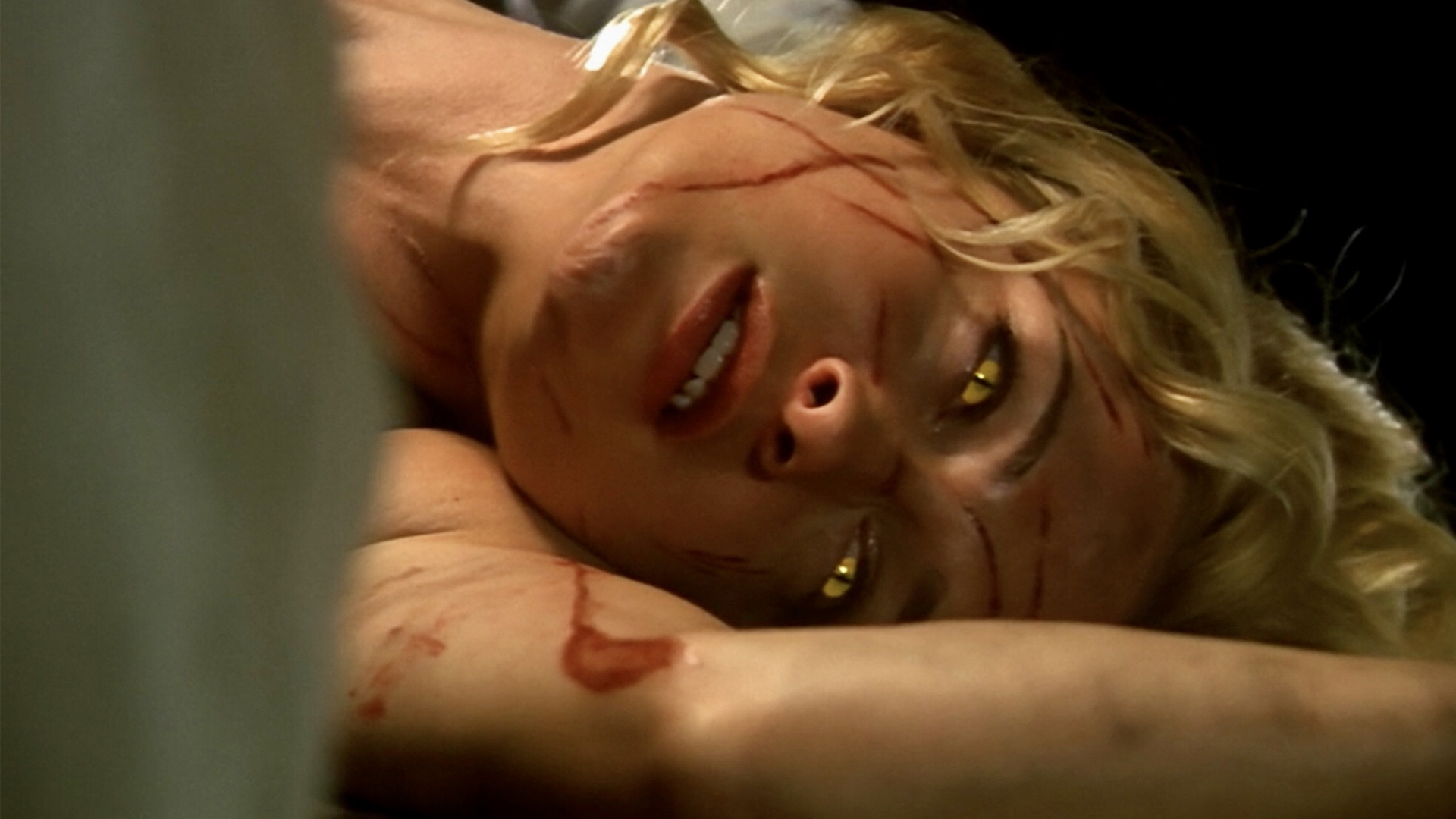
But what does the future hold for Mutant X beyond that somewhat forgotten legacy it left behind? Is there even one? When Marvel runs out of noughties superheroes to bring back to the screen - at least half of whom will likely show up in Deadpool & Wolverine - the likes of Jesse and Shalimar could very well return in what might be the most obscure MCU cameos yet. After all, the rights are no longer an issue following Disney's acquisition of Fox.
And if we're going to be extra nerdy about it all, Mutant X is canonically based in an alternate reality that's officially part of Marvel's multiverse, taking place on Earth-704509, so who says that portal in the latest Deadpool trailer couldn't end up in the team's Dojo? Don't believe us? Go check your copy of The Official Handbook of the Marvel Universe A-Z Vol 5.
For now though, while X-Men '97 rightfully takes the limelight following that incredible season 1 finale, take a brief moment to remember Mutant X, the only X-Men adjacent show that dared to imagine a world where mutants are treated as second-class citizens, not because they're different, but because they're too similar to the mutants that fans already know and love.
Mutant X is available to stream now on Freevee.
Stay updated with all the best television that will soon be coming your way with our guide to exciting new TV shows to watch out for.







